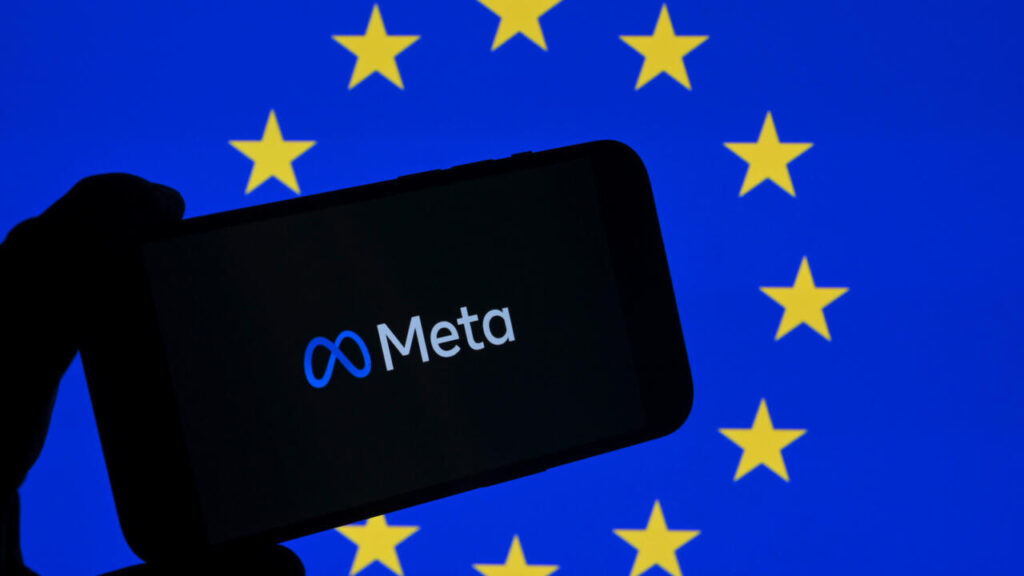The European Union has formally accused Meta and TikTok of violating key transparency provisions under the Digital Services Act (DSA), citing insufficient disclosure of their content moderation systems, algorithmic recommendation processes, and data access for researchers.
Regulators Cite Gaps in Accountability and Oversight
According to the European Commission, both tech giants may have breached core obligations intended to promote accountability and safeguard users on large online platforms. The DSA, which came into full effect in 2024, requires major digital companies to publish detailed transparency reports, outline how they manage harmful content, and grant independent researchers access to relevant platform data for oversight.
The Commission stated that Meta and TikTok submitted “insufficient transparency reports and failed to provide meaningful access to data for independent oversight.” If proven, the violations could lead to fines of up to 6% of their global annual revenue.
EU Officials Warn Against Noncompliance
In a statement, a spokesperson for EU Internal Market Commissioner Thierry Breton reiterated the bloc’s stance on strict enforcement, declaring that compliance with the DSA is “not optional.” The official emphasized that the EU will “not hesitate to enforce the law to protect European citizens online.”
Meta and TikTok Respond to Allegations
Both companies have confirmed their cooperation with regulators, pledging to meet all transparency and accountability requirements. Meta stated that it “remains committed to full compliance with European regulations,” while TikTok expressed its willingness to “work constructively with the Commission to resolve any outstanding issues.”
Broader Implications for Big Tech Regulation
The investigations into Meta and TikTok underscore the EU’s broader efforts to rein in Big Tech and increase scrutiny of how online platforms influence public discourse and digital safety. The DSA represents one of the world’s most comprehensive regulatory frameworks for online platforms, with an emphasis on transparency, user protection, and systemic accountability.
Analysts say the outcome of these cases could set an important precedent for how the EU enforces digital governance and manages compliance among global tech companies operating within the bloc.

